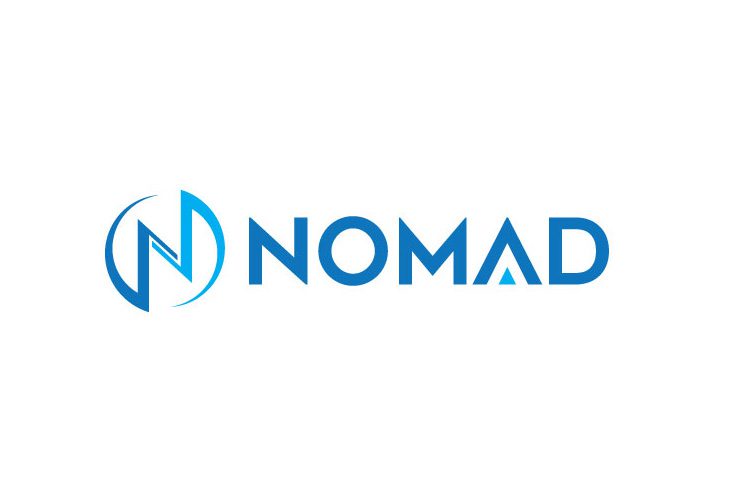Can you give our readers a summary of what Nomad Credit is and does?
Nomad Credit is a financial marketplace for international students and visa holders. As international customers tend to have an increased credit risk, partly due to lack of a U.S. credit score, their challenges to credit are often greater than a domestic customer. Further, someone new to the U.S. may not be aware of the banks or lenders that may be available to them. We help our customers identify the financial institutions from around the world that may be able to best serve them based on their unique financial situation.
What are some of the complications that international students face while applying for and receiving loans?
The underwriting of an international student is uniquely challenging due to flight risk and lack of a U.S. credit score. For a U.S. lender, what happens if this student moves back to Asia/Africa/etc. after graduation? What recourse does the lender have and at what expense? This same concern applies to lenders in one’s home country, what if the student never moves back home? Due to this risk, international students sometimes face higher interest rates. This makes servicing the debt challenging. For some loans, the interest accrues but then the student graduates with much more debt than they borrowed. With that said, most lenders ask international students to make monthly payments while they are in school to reduce risk. The question then becomes, how will the student pay this monthly interest? Many families try to pay monthly interest while the student is in school but that monthly payment could be $500 (ex. $50,000 loan at 12% annually). $500 a month is very challenging for certain families in foreign countries.
What are some of the complications the loan industry faces when working to serve international students?
For one, international students have less credit risk if they are a graduate student compared to an undergraduate. While this is true for a U.S. student, this is even more applicable for international students as the H1B laws favor those with advanced degrees. Although certain majors are “safer”, like STEM fields, lending to certain majors and not others opens up some compliance issues. Finally, online lending is significantly more advanced and understood in the U.S. than the rest of the world and as a result, I don’t think U.S. lenders understand the customer service needed for some of their international customers.
How has fintech effected your business in a positive or negative way?
My business probably wouldn’t be in existence without FinTech. The movement of lending from the bank branch model to online allows us to help find loans for customers that are located all over the U.S. and the world. Not all countries have had the growth and acceptance of online lending as we have seen here in the U.S. We have seen direct correlation between the FinTech growth and acceptance in one’s home country to that demographic’s ability to fill out an online application. Some of this is due to the comfortability that their information is safe. As online lending and FinTech spread throughout the world, it will only help us work with our customers.
How do you see the loan industry evolving over the next 5 years?
The loan industry will continue to globalize over the next 5 years. I think the lending community realized over the past couple years that the domestic market is only so big. I think we will also see more bank branches close in favor of more loans being originated online. This trend will likely happen throughout the world, just at a slower pace than we see in the U.S. For instance, we can see the online model slowly beginning to grow traction in India.
Brian Hoffman is the Founder & CEO at Nomad Credit. Nomad Credit was created to help reduce the barriers to credit for international students and workers in the United States and the world.
